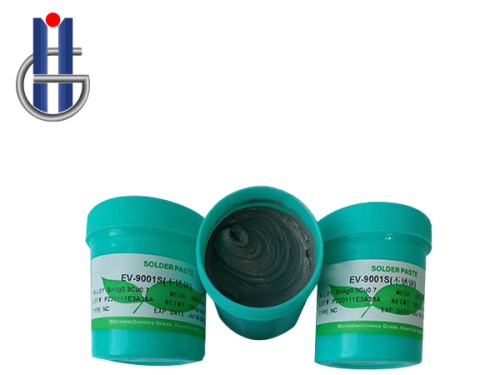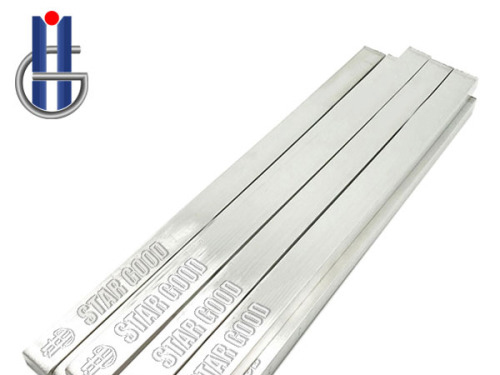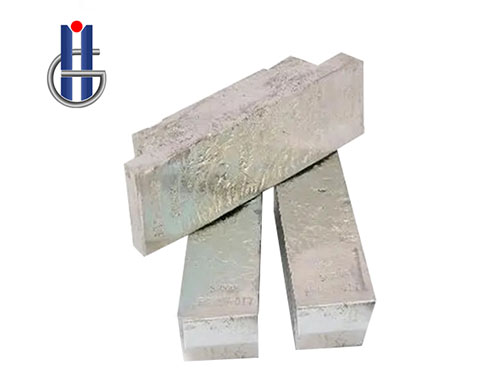Lead tin alloys, a combination of lead and tin, offer a wide array of applications across industries due to their unique properties and versatility. From traditional uses in soldering and plumbing to advanced applications in electronics and manufacturing, these alloys play a significant role in modern engineering and technology. In this article, we delve into the realm of lead tin alloys, examining their characteristics, applications, and contributions to various fields.
Soldering and Joining Applications:
Lead tin alloys have long been prized for their excellent soldering properties, facilitating strong and reliable joints in electronic assemblies, plumbing systems, and metalwork. With low melting points and good wetting characteristics, these alloys create durable connections between components, ensuring electrical conductivity and mechanical stability. Their compatibility with a wide range of materials makes them indispensable in the assembly of printed circuit boards, electronic devices, and plumbing fixtures.
Friction and Bearing Materials: Lead tin alloys find applications in friction and bearing materials, where their self-lubricating properties and high load-bearing capacity are highly advantageous. Bearings composed of lead tin alloys exhibit low friction coefficients and excellent wear resistance, making them suitable for heavy-duty industrial machinery, automotive components, and marine equipment. The ability to withstand extreme pressures and temperatures ensures reliable performance in demanding operating conditions.
Anti-Friction Coatings and Surface Treatments: Lead tin alloys can also be utilized as anti-friction coatings and surface treatments to enhance the performance and longevity of mechanical components. Thin layers of lead tin alloy deposited onto surfaces provide lubrication and reduce friction, preventing wear and extending the service life of parts subjected to sliding or rotating motion. This application is particularly beneficial in aerospace, automotive, and machinery industries, where efficiency and reliability are paramount.
Radiation Shielding and Nuclear Applications: Lead tin alloys possess excellent radiation shielding properties, making them valuable materials in nuclear medicine, radiation therapy, and nuclear engineering. Their high density and ability to attenuate gamma rays and X-rays make them effective barriers for protecting personnel and equipment from ionizing radiation. Lead tin alloys are used in the construction of radiation shielding enclosures, protective aprons, and shielding components for medical imaging devices and nuclear reactors.
Environmental Considerations and Regulations: Despite their advantageous properties, lead tin alloys are subject to regulatory restrictions due to concerns about environmental and health impacts associated with lead content. Regulations such as the European Union's Restriction of Hazardous Substances (RoHS) directive impose limits on the use of lead in certain applications, prompting manufacturers to explore alternative materials or develop lead-free alloys with similar performance characteristics.
In conclusion, lead tin alloys represent a versatile class of materials with diverse applications spanning multiple industries. Their unique combination of properties, including solderability, lubricity, and radiation shielding capabilities, makes them indispensable in electronics, engineering, healthcare, and beyond. As technological advancements and regulatory requirements evolve, the continued innovation and responsible use of lead tin alloys will ensure their relevance and sustainability in the modern world.



 Lead Bar for Sale: Uses, Specifications, and Buying Considerations
Lead Bar for Sale: Uses, Specifications, and Buying Considerations
 Exploring the Versatile World of Tin Wire Products: A Comprehensive Overview
Exploring the Versatile World of Tin Wire Products: A Comprehensive Overview
 Exploring the Uses and Advantages of Pure Tin Bars
Exploring the Uses and Advantages of Pure Tin Bars
 Spot Tin Ingots: Insights into Market Dynamics, Applications, and Global Trade Trends
Spot Tin Ingots: Insights into Market Dynamics, Applications, and Global Trade Trends